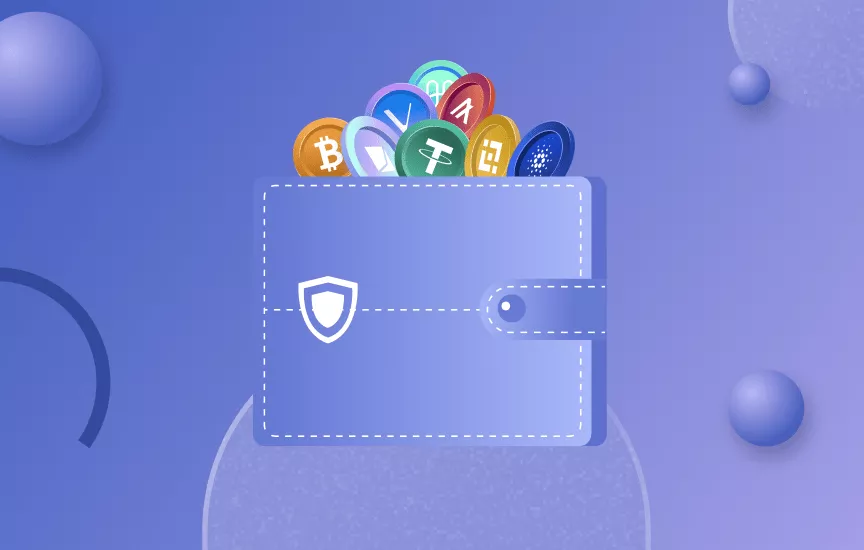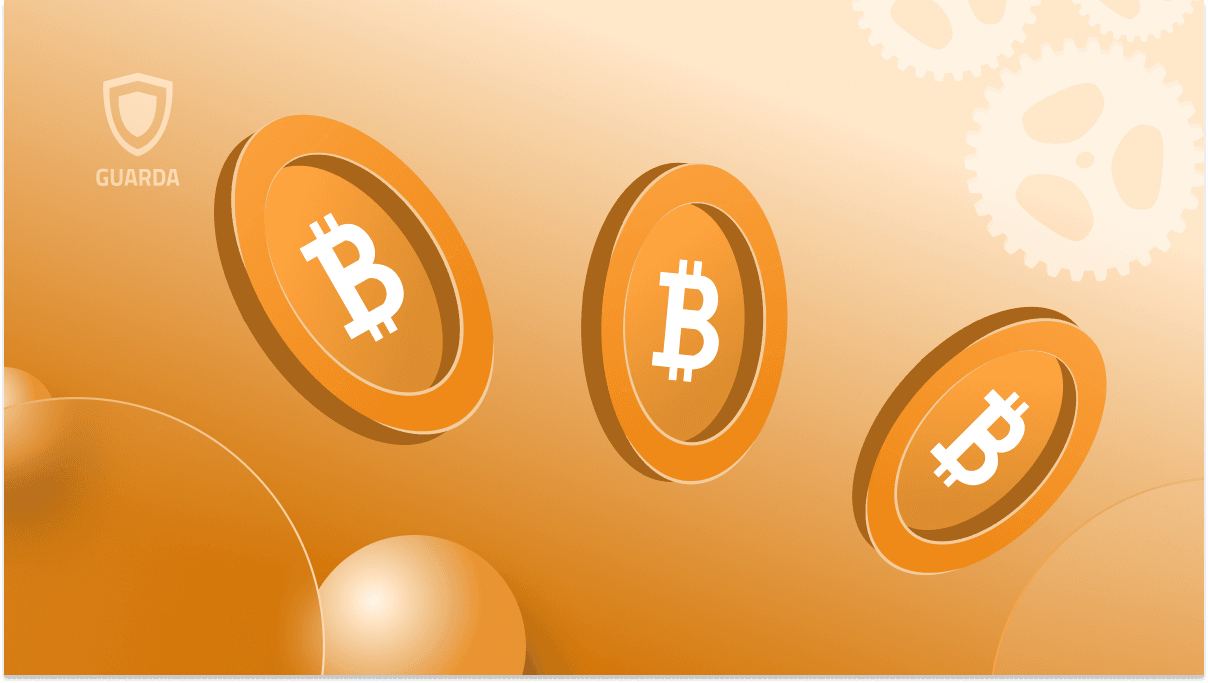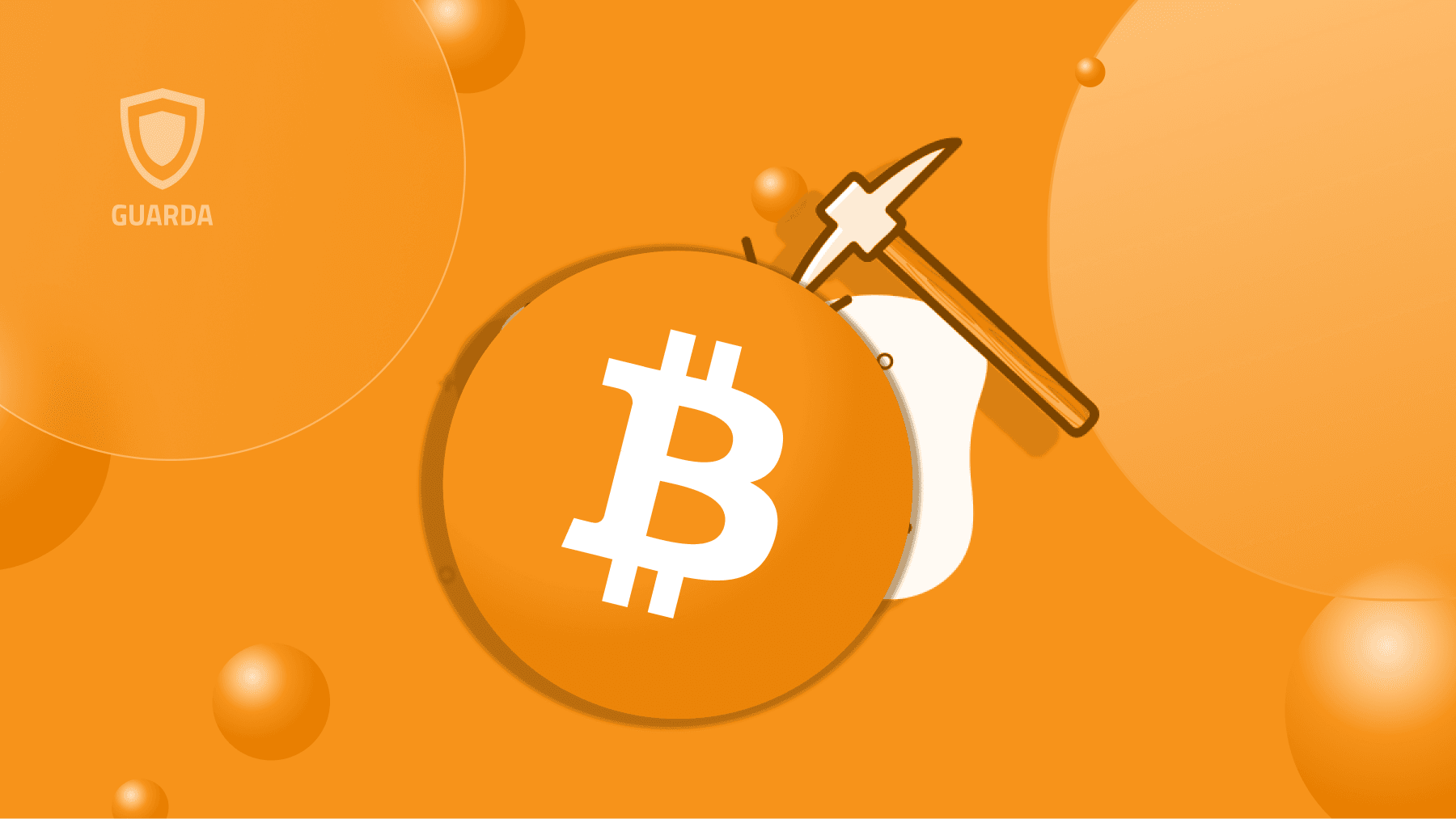Introduction
We often say that cryptocurrencies are “stored” in wallets; However, this is technically incorrect. The funds are stored on the blockchain: that great decentralized book that is the foundation of the crypto world. Crypto Wallet contains essential data that allows the user to access funds on the blockchain and, if properly managed, should ensure the safe storage of these assets.
The wallet contains a private key and a public key. A public key or address is a digital string that everyone can see, and which is used when sending funds to your wallet. It can be compared with the address used by the post office to deliver letters: everyone can know your address, send you messages and postcards, but still can not enter your house.
How to store cryptocurrency?
Special software is usually required to work with cryptocurrencies. The wallet programs allow users to work with the blockchain and create transactions or receive transfers to their address.
Wallets can be divided into types:
Custodial Wallets
- Exchanges: keys are generated on the servers of the developer or a third party. Your private keys are also stored on their servers, which is why these wallets are more prone to attacks or theft. Of course, you can access your account from any device with an Internet connection. Examples: Coinbase, BitFinex See these Coinbase alternatives
- Wallets: keys are generated on the servers of the developer. Examples: Freewallet.
Non-Custodial wallets:
These wallets do not store the user’s private data and keys – all the fund management is fully in the hands of the wallet’s owner. Software wallets. Software wallets can be mobile or computerized, which are downloaded directly to the device.
- Web wallets: Such wallets are the most popular type among new users and people who trade a lot. The popularity of this type of wallet is due to the ability to quickly and simply sell different coins and make transfers, which is, of course, very convenient. Web wallets are also good for the ability to access the funds stored in them through a browser from any device connected to the Internet. The main problem of Web wallets is the presence of potential risks of hacker attacks – so, make sure you find a trustworthy and reliable Web wallet.
- Desktop wallets: Desktop wallets are programs that are downloaded to the computer directly and provide users with the ability to manage the funds fully.
- Mobile wallets are convenient for those willing to have access to their funds at all times. With more and more physical shops and service providers starting to accept cryptocurrency as a payment method, the popularity of Mobile crypto wallets grew drastically.
- Paper wallets. Creating a paper wallet is considered to be one of the safest methods of cryptocurrency storage. To use this wallet, a user prints keys on a piece of paper and integrates them with an online wallet.
- Hardware wallets are physical devices reminding of a USB drive. In case of using such a wallet, the funds are stored offline most of the time (except when managing and making transactions). Examples:
- Ledger Nano S (Compatible with Guarda Wallet)
- Trezor Model T
- Keepkey
- Coldcard
Guarda combines all the types of crypto wallets together. Through the use of our products, you have access to all the types of cryptocurrency wallets in one place.
Custodial vs Non-Custodial wallet
A non-custodial wallet is a type of decentralized wallet in which a user owns their private keys. Having control over the private keys means being the actual owner of the funds – no third-party wallet access is ever granted. Sounds great, doesn’t it? However, you should keep in mind that full control of your money also means that you are fully responsible for the funds.
On the contrary, a custodial wallet is a type of digital wallet that stores the private keys of the users and provides backup and protection of their assets. The main disadvantage of custodial wallets is that users willingly share their private information with third parties. This, of course, decreases the security levels of your wallet.
How to work with cryptocurrency wallets?
To use a cryptocurrency wallet, the user needs two to have the following keys:
- The public key is the address to which any can transfer funds;
- The private key is a secret alphanumeric code, with which the user signs his translations. The signed transaction is transmitted to the network and, after network confirmation, the funds are credited to the specified address.

How to choose a crypto wallet?
All the wallets have their positive and negative sides: strengths and weaknesses that must be understood to make an informed decision. In short, choosing the most suitable digital wallet should be based on the following criteria:
- Type of wallet we need. This factor is wholly based on the user’s needs. Depending on the goal one has, the choice may vary. For instance, for those willing to make real-world crypto purchases, Mobile wallets are more preferred.
- Easy to use. Sending, receiving, and storing cryptocurrencies can be complicated and confusing, especially for those who are new in the field. While newcomers can focus on finding a wallet that is easy to set up and use, the most experienced can look for more advanced features and functions.
- Security. Let’s take a look at the security features of a taken wallet – for instance, two-factor authentication and multi-signature. Will our private key be stored online or offline? Has this wallet been attacked and compromised? Answering these questions is important for choosing the right wallet.
- Supported cryptocurrencies. Are we looking for a wallet that stores only one type of cryptocurrency, such as bitcoin, or do we need a multi-currency wallet? Answer this question before choosing the wallet provider and enjoy suitable cryptocurrency storage.
- Updates and reviews. Try to explore the company behind the wallet a little. What are the ratings and reviews among other users? It is important here to see if there is a commitment to update and improve the application continually – an active development team is always a great sign of a trustworthy crypto wallet.



